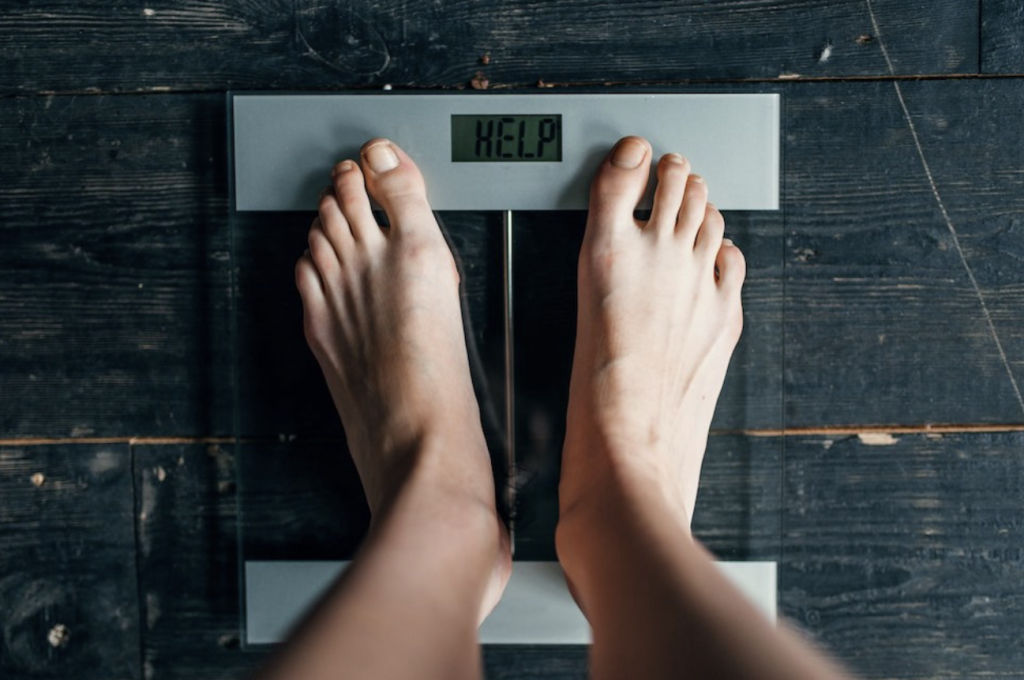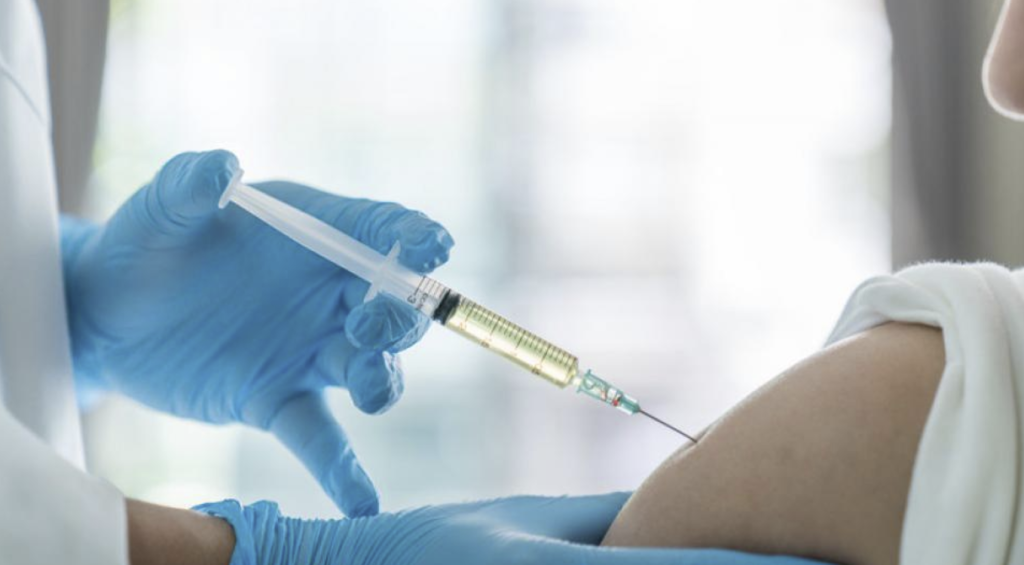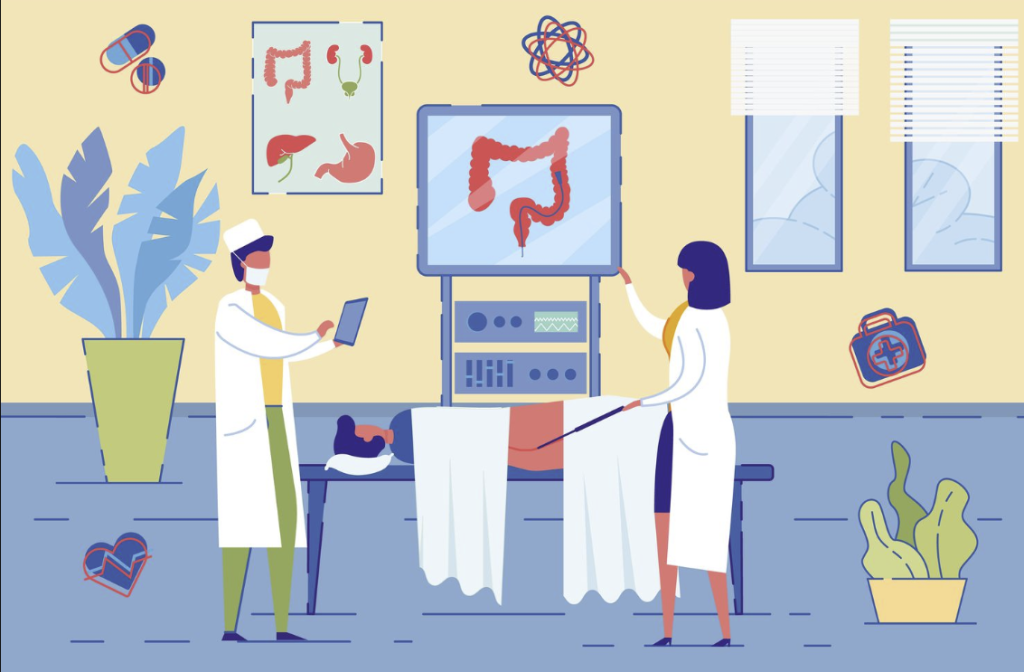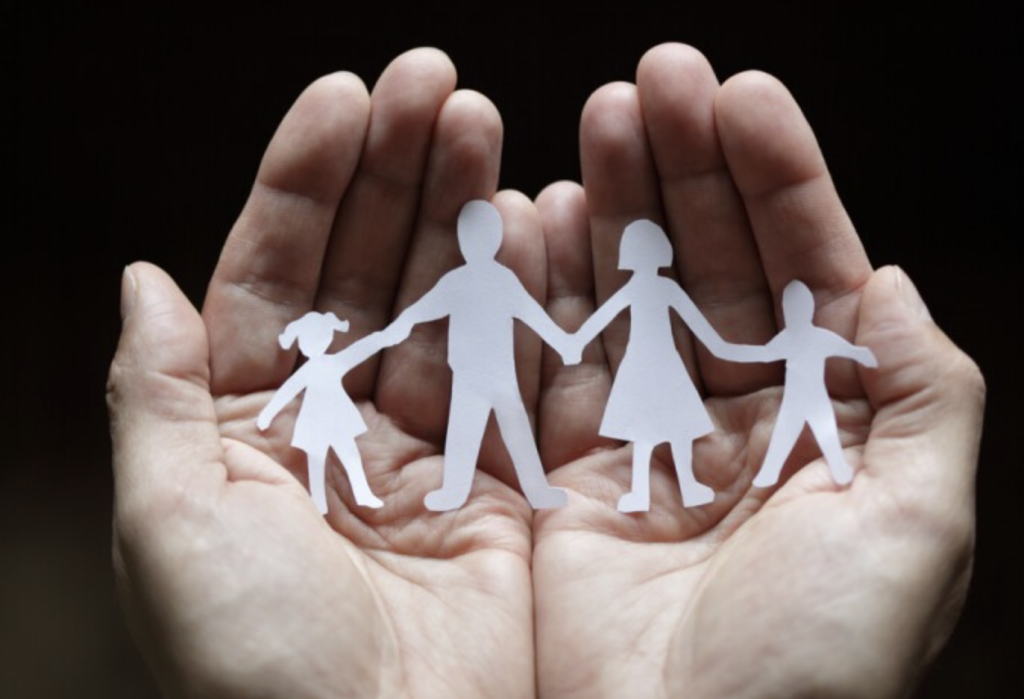Seven Lifestyle Choices to Help Prevent Cancer
1. Don’t Use Tobacco

Tobacco use is linked to 30% of all cancer-related deaths and increases the risk of various cancers, such as lung, mouth, and esophageal cancer. All forms of tobacco, including cigarettes, e-cigarettes, cigars, and hookahs, are harmful. Quitting tobacco is crucial for cancer prevention.
2. Maintain a Healthy Weight and Active Lifestyle

Being active and maintaining a healthy weight can help prevent certain cancers. Excess weight leads to higher levels of hormones like estrogen and insulin, which can promote cancer growth. Aim for at least 150 minutes of moderate exercise or 75 minutes of vigorous exercise per week to reduce cancer risk.
3. Be Mindful of What You Eat and Drink

A plant-based diet, limiting red meat, and controlling alcohol intake can help reduce the risk of preventable cancers. Alcohol increases the risk of cancers such as breast, colon, and liver. If you drink, limit your intake to one drink per day for women and two for men.
4. Wear Sunscreen

Skin cancer is the most common and preventable cancer. Protect your skin by using sunscreen and avoiding excessive sun exposure, especially between 10 a.m. and 4 p.m. Stay away from tanning beds and direct sunlight to reduce skin cancer risk.
5. Get Vaccinated

Vaccines can protect against certain viral infections that increase cancer risk. The HPV vaccine helps prevent cervical cancer, and the hepatitis B vaccine can protect against liver cancer. Both vaccines are available to specific age groups.
6. Get Screened

Regular self-exams and routine screenings for cancers can increase your chances of finding cancer early. Early detection is key to successful cancer treatment. The Centers for Disease Control and Prevention (CDC) recommends these screening tests to prevent or catch cancer early:
Lung cancer screening
Breast cancer screening
Cervical cancer screening
Colorectal cancer screening
7. Know Your Family History

Your family health history can help you understand your cancer risk. If certain cancers run in your family, such as breast or colorectal cancer, you may be at higher risk. Gather information from blood relatives to better assess your risk and discuss preventive steps with your healthcare provider.
Healthy Lifestyle Choices Matter
While cancer cannot always be prevented, adopting these healthy lifestyle habits can significantly reduce your risk and improve your overall health. Making these choices can not only protect you but also support the health of those around you.
